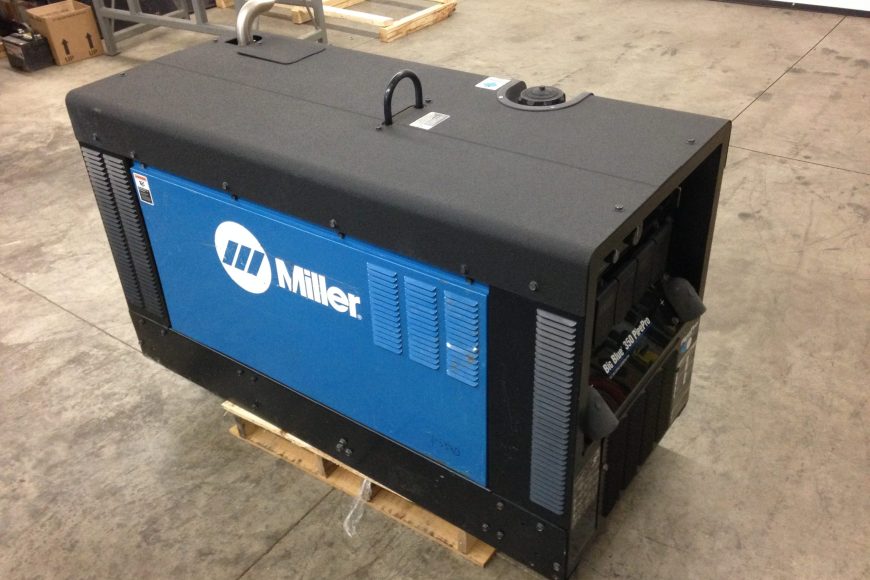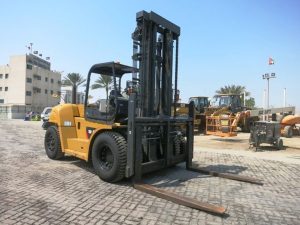- April 17, 2015
- By Shortneck
- In Leasing, Uncategorized
- Tags BUYING, EQUIPMENTS, LEASING, RENTALS
- 1125
- 0

If you are a business owner or a manager, you may have faced the dilemma of whether to lease or buy the equipment you need for your operations. There are pros and cons to both options, but in this blog post, we will focus on why leasing equipment is more profitable than buying equipment in most cases.
 Leasing equipment means that you pay a fixed monthly fee to use the equipment for a specified period of time, usually ranging from a few months to several years. You do not own the equipment, but you have the right to use it as long as you comply with the terms and conditions of the lease agreement. At the end of the lease term, you can either return the equipment, renew the lease, or buy the equipment at a residual value.
Leasing equipment means that you pay a fixed monthly fee to use the equipment for a specified period of time, usually ranging from a few months to several years. You do not own the equipment, but you have the right to use it as long as you comply with the terms and conditions of the lease agreement. At the end of the lease term, you can either return the equipment, renew the lease, or buy the equipment at a residual value.
Buying equipment means that you pay the full cost of the equipment upfront or finance it with a loan. You own the equipment and can use it for as long as you want. You are also responsible for maintaining and repairing the equipment, as well as disposing of it when it becomes obsolete or unusable.
So why is leasing equipment more profitable than buying equipment? Here are some of the main reasons:
– Leasing equipment preserves your cash flow and working capital. When you lease equipment, you do not have to pay a large amount of money upfront or incur debt. You only pay a small fraction of the equipment’s value each month, which leaves you with more cash to invest in other aspects of your business, such as marketing, inventory, payroll, etc. Leasing also helps you avoid tying up your money in depreciating assets that may lose value over time.
– Leasing equipment reduces your tax liability. When you lease equipment, you can deduct the lease payments as an operating expense from your taxable income. This lowers your tax bill and increases your net profit. When you buy equipment, you can only deduct a portion of the equipment’s cost as depreciation over several years, which may not match the actual wear and tear of the equipment.
– Leasing equipment allows you to access the latest technology and features. Technology changes rapidly in many industries, and staying ahead of the competition requires having access to the most advanced and efficient equipment. When you lease equipment, you can upgrade to newer models more frequently and easily without having to sell or dispose of your old equipment. This way, you can always have the best tools for your business and improve your productivity and quality.
– Leasing equipment reduces your maintenance and repair costs. When you lease equipment, the leasing company usually covers the maintenance and repair costs of the equipment during the lease term. This saves you from having to deal with unexpected breakdowns and expenses that can disrupt your operations and affect your profitability. When you buy equipment, you have to bear all the costs and risks associated with owning and maintaining the equipment yourself.
As you can see, leasing equipment has many advantages over buying equipment in terms of profitability. Of course, there may be some situations where buying equipment makes more sense than leasing, such as when you need a very specialized or customized equipment that is not available for lease, or when you plan to use the equipment for a very long time and want to build equity in it. However, for most businesses, leasing equipment is a smart and cost-effective option that can help them grow and succeed.


Here is a text widget settings ipsum lore tora dolor sit amet velum. Maecenas est velum, gravida vehicula dolor
Mgbuoba 101245
Port Harcourt City
Rivers State
Nigeria
Call Our Support
(+234) 701 915 5588
Port Harcourt
Warri
Lagos
Abuja
